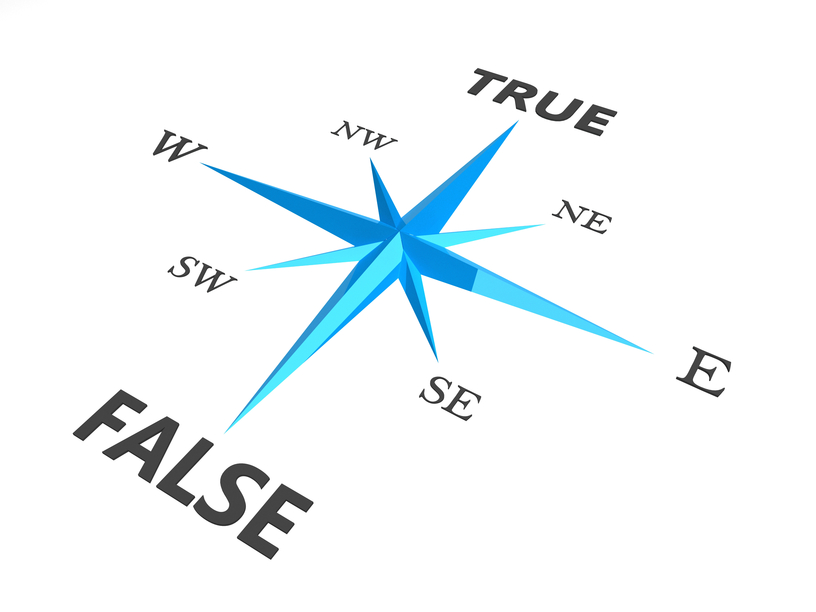5 Ways to Respond When Life Throws you a Curveball
Curveballs in life are inevitable. Unexpected surprises can level us or become opportunities to learn. The curveball thrown to Joseph when Mary told him about her “surprise” pregnancy certainly caught Joseph off guard, quite a curveball. But the story in Matthew 1 gives us 5 insights on how to respond when life throws you a curveball. First, a bit […]
5 Ways to Respond When Life Throws you a Curveball Read More »





